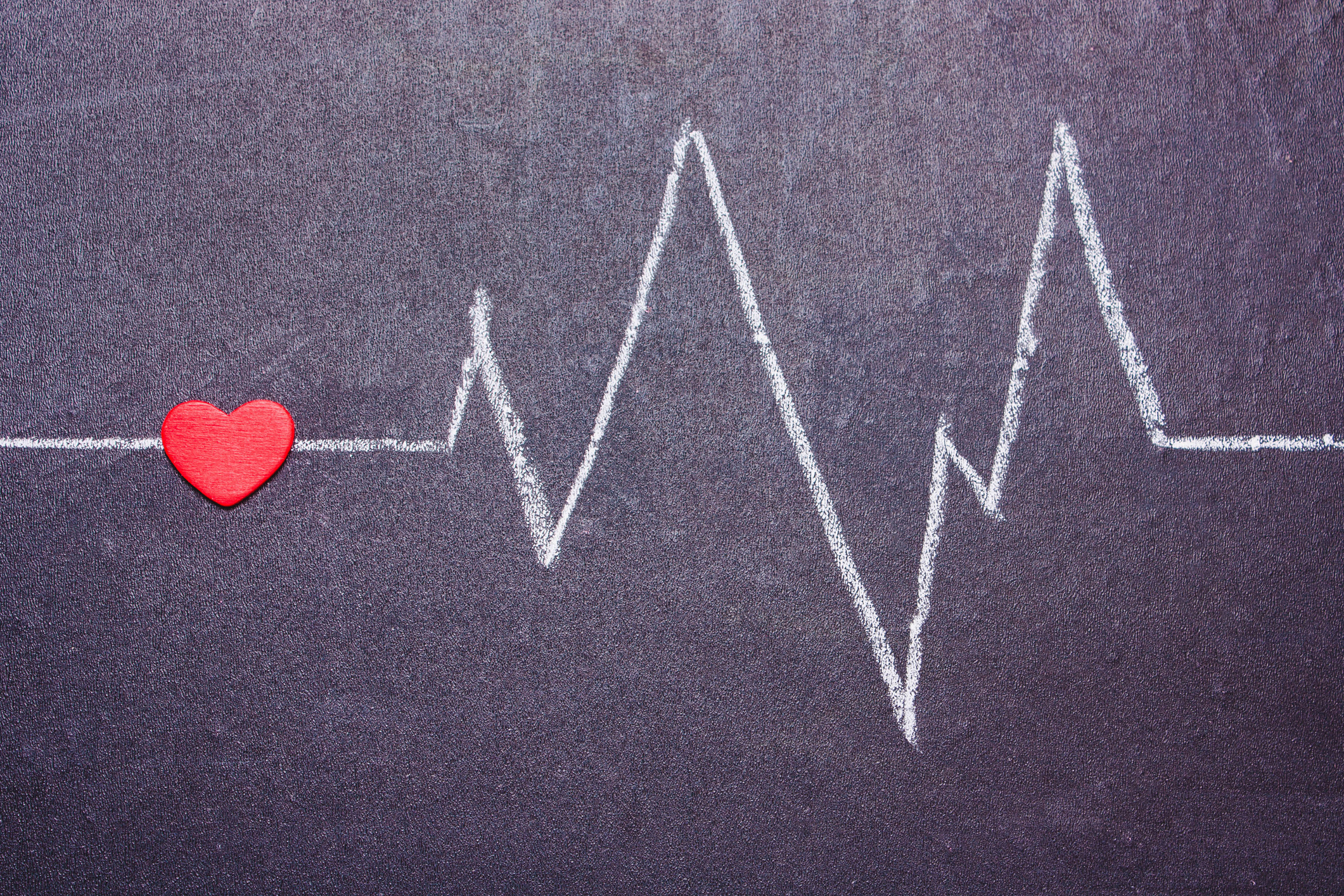Get Easy Health Digest™ in your inbox and don’t miss a thing when you subscribe today. Plus, get the free bonus report, Mother Nature’s Tips, Tricks and Remedies for Cholesterol, Blood Pressure & Blood Sugar as my way of saying welcome to the community!
The unexpected truth behind AFib triggers

Atrial fibrillation or AFib is a common and dangerous heart condition, affecting over 12 million people in the United States alone.
In fact, according to the CDC, AFib was mentioned on 183,321 death certificates in 2019.
So why can it be so deadly?
Well, the answer lies in the way in which AFib skyrockets your stroke risk. By throwing your heart rhythm out of order, the condition can result in dangerous clots being released, blocking blood flow to your brain.
Luckily, despite its risks, atrial fibrillation episodes can be extremely preventable if you avoid one and only one lifestyle trigger…
Truth versus perception
AFib is typically managed with medication to control the heart’s rhythm and rate. Blood-thinning medication is also usually part of the mix to reduce the risk of clots, and some lifestyle changes have been shown to help.
Chief among those lifestyle changes is avoiding anything that can trigger an AFib episode that sets off a racing heart that can begin beating erratically.
For decades, people suffering with the condition have been warned to avoid specific triggers, including:
- Caffeine
- Alcoholic drinks
- Sleeping on the left side or not getting enough sleep
- Dehydration
- Exercise (in some cases)
Yet, according to researchers from UC San Francisco, only one factor consistently linked to atrial fibrillation in a recent study.
The team recruited approximately 450 participants who utilized a mobile electrocardiogram recording device, along with a phone app to log potential triggers like the ones listed above and any others they thought were affecting them, like a large meal, a cold drink or sticking to a particular diet.
And while the study showed that participants were most likely to select caffeine as a trigger, caffeine had no association with AFib. In fact, results showed that caffeine might actually have a protective effect against arrhythmia — which adds to previous research showing the same.
However, they were able to determine that one trigger consistently resulted in significantly more self-reported AFib episodes….
And that was the consumption of alcohol.
This backs up previous research, which showed an eight percent increase in the incident of atrial fibrillation for each additional daily standard drink, as well as a study that found:
- People who consumed moderate amounts of alcohol (an average of 14 drinks per week) had more electrical evidence of scarring and impairments in electrical signaling in their heart than non-drinkers and light drinkers.
In other words, even moderate drinking leads to atrial fibrillation.
Protecting your heart from AFib
So if you want to guard your heart rhythm, cutting back or cutting out alcohol is a must.
If you do drink, studies show that sticking to six drinks or less per week is linked to the lowest AFib risk and that beer and cider are more likely to lead to problems than red wine.
Additionally, you can grab some heart rhythm protection by eating a healthy snack of nuts, which at three times per week reduce your risk by an impressive 19 percent.
It’s also important to be aware of the fact that migraines are linked to a higher risk of atrial fibrillation, so if you live with these debilitating headaches, you’ll want to see your doctor to screen for the condition.
Editor’s note: There are perfectly safe and natural ways to decrease your risk of blood clots including the 25-cent vitamin, the nutrient that acts as a natural blood thinner and the powerful herb that helps clear plaque. To discover these and other secrets of long-lived hearts, click here for Hushed Up Natural Heart Cures and Common Misconceptions of Popular Heart Treatments!
Sources:
Atrial fibrillation — CDC
Only Alcohol – Not Caffeine, Diet or Lack of Sleep – Might Trigger Heart Rhythm Condition — UCSF













